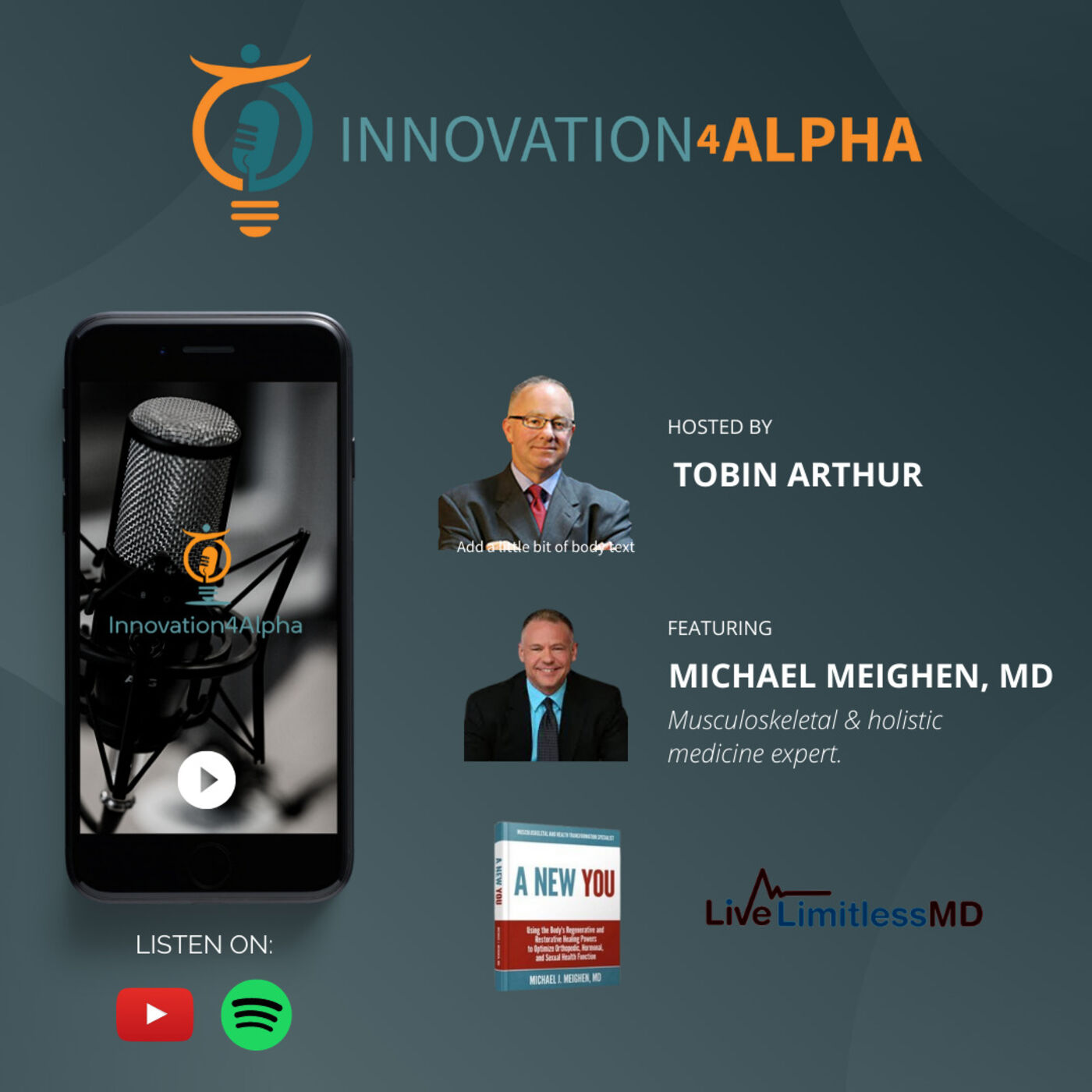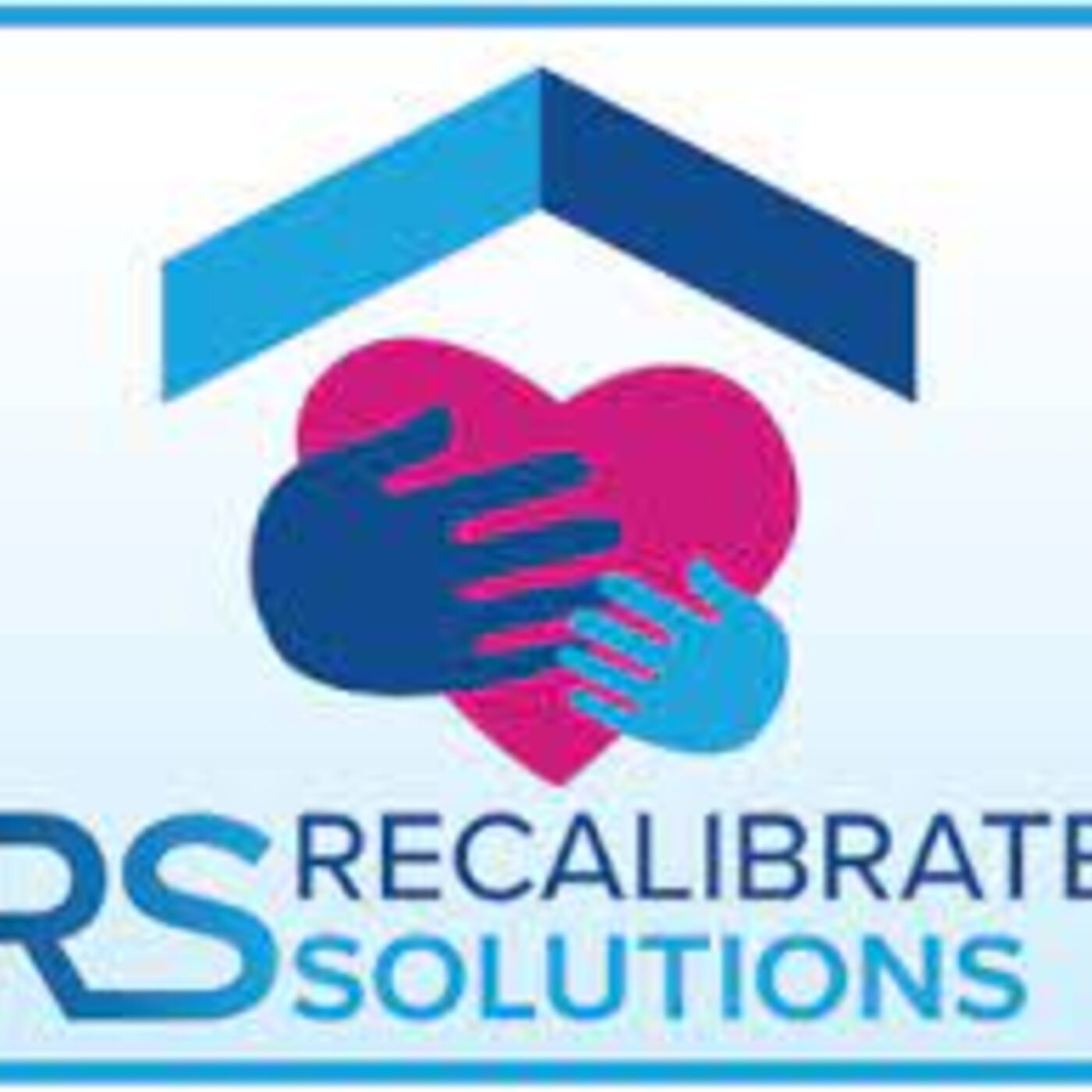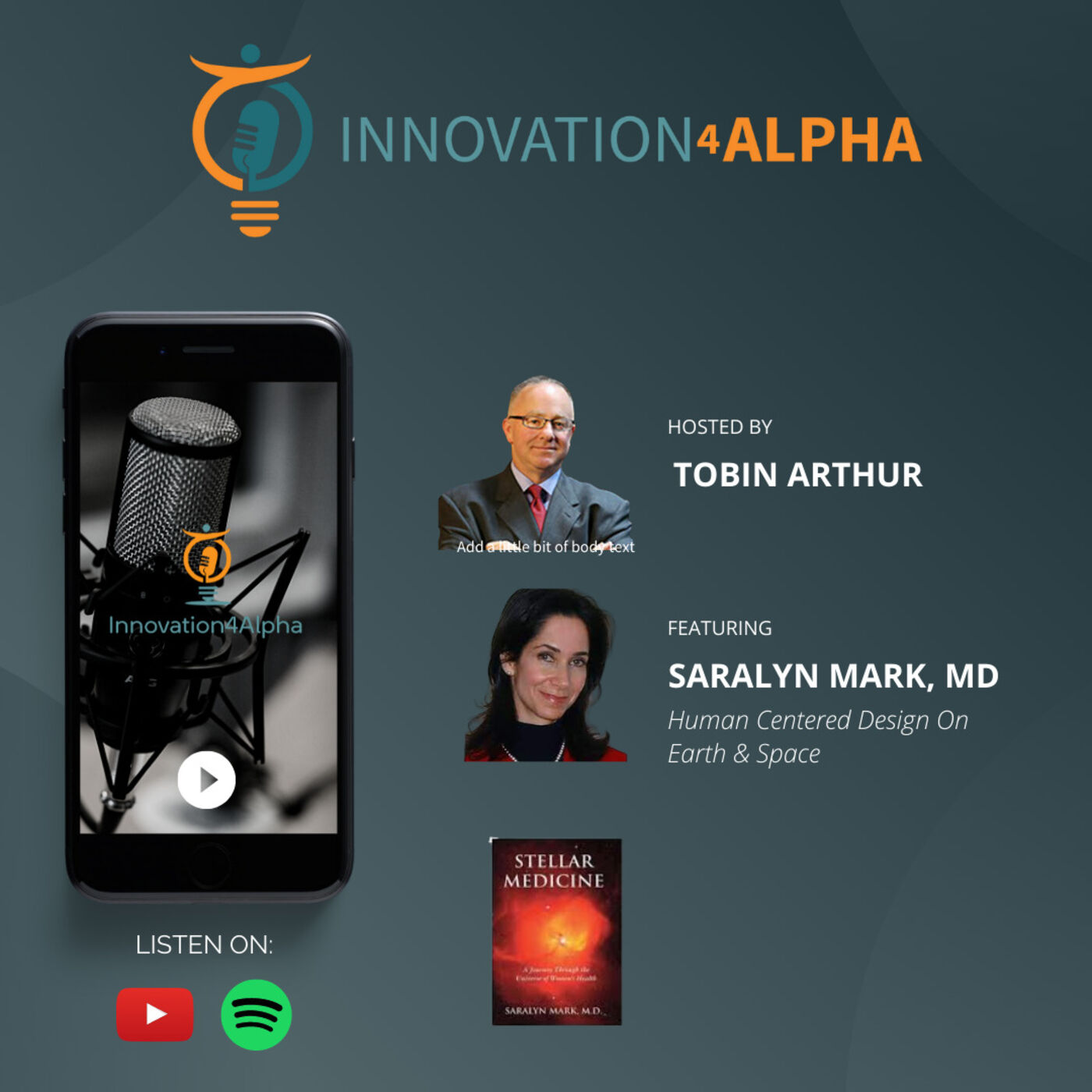Episode Transcript
<cite>Tobin Arthur:</cite>
<time>0:02</time>
<p>You're listening to the Innovation4Alpha podcast. I'm your host, Tobin, Arthur, and I am joined today by a good friend, a great physician who has leaned into innovation. Dr. Gupta, Ashish Gupta, MD is based back on the East Coast. Welcome to the program.</p>
<cite>Asheesh Gupta, MD:</cite>
<time>0:37</time>
<p>Thank you, Tobin. Great to be here. And great to connect with you again.</p>
<cite>Tobin Arthur:</cite>
<time>0:42</time>
<p>I appreciate your support of AngelMD. I want to get a sense, first of all, of your background. Give people some context.Your an orthopedic surgeon but talk a little bit about your practice and how you got into orthopedics.</p>
<cite>Asheesh Gupta, MD:</cite>
<time>1:00</time>
<p>Sure. I was born and raised in Scotland, moved to the US in middle high school, did most of my training in Michigan, my residence in Chicago. I did a sports fellowship at NYU, then another hip preservation fellowship back in Chicago. I've been practicing out here in private practice in the DC metropolitan area for about eight years now. One of my sort of core beliefs and the way I think about my practice, as well as investing in entrepreneurship is really trying to think about where markets are headed, where I think there's gonna be a paradigm shift. And I did that first starting with my own practice after graduating from orthopedic residency, I decided to do two fellowships, one in sports, and then another one in hip arthroscopy, which was a much newer field. But I recognized the importance in the future of this field, and the fact that there was going to be a lot of innovation, that, and resources being poured into this industry. And so, that's what I did that led me to come out to DC and be very busy very quickly, in a very technical area. So that's kind of my involvement in orthopedics.</p>
<cite>Tobin Arthur:</cite>
<time>2:16</time>
<p>That's a cool introduction. And you mentioned earlier, which is kind of funny that today, ironically, you actually are converting to a new electronic medical record ... speaking of new and a lot of changes going on.</p>
<cite>Asheesh Gupta, MD:</cite>
<time>2:28</time>
<p>Yes we're implementing a new EMR system. Lots of turmoil and heartbreak in the in the office, but I'm glad to be here.</p>
<cite>Tobin Arthur:</cite>
<time>2:38</time>
<p>That's cool. Well give us a sense of your day to day clinical work. And you are heavily involved both with industry and you've done work with startups. Give us a little bit of a glimpse of some of the things that you've done, and maybe some of the things that have been more enjoyable.</p>
<cite>Asheesh Gupta, MD:</cite>
<time>2:55</time>
<p>Sure, sure. I'll start initially, with the entrepreneurship side. I'm actually developing my own Surgery Center, locally in the DMV area. And it's kind of a unique model, where we're going to have physicians retain a significant majority of the ownership of the center versus these large national corporations that come in and have a cookie cutter approach. And so I think with this novel idea, hopefully this will take off around the country. That's what we're looking to do with that. So that is on the practice side. Now, on the investing side, I really got involved initially, And so I've been working with a company called Lazerite. They through a company called StartUp Health and I know AngelMD and StartUp Health are working together on various fronts and I helped kind of foster that relationship. And StartUp Health is sort of an incubator and an ecosystem, if you will, of companies, investors, like-minded individuals that all have the same goal of advancing healthcare with various moonshots. And we invested in their healthcare venture capital fund. We went out to the JPMorgan Conference; and they have a week there, and I had t me to sit down and meet vari us companies within their eco ystem and decided to work with a handful of them. And that's ki d of where I got the bug to re lly work with the startups. make a wireless arthroscopy camera, and they're currently going through FDA approval. And if all goes well, you know, the plan is to start selling at some point next year, and I've been a medical advisor for them. And there's another company called HealthMe that I'm a medical director for; and they are basically changing the paradigm as far as how to approach a self self employed small business owners that are self insured, and also individuals that have no insurance and how to provide transparent pricing and affordable pricing. compared to these insurance contracts out there that are essentially catastrophic, insurance based. And then there is AngelMD. So AngelMD, I've been on the Senior Clinical Advisory which has been fantastic and really a pleasure to see it grow. And it's a great ecosystem, I really enjoy listening to all the various conferences that you guys put on and the Pitch Clubs. It's very unique, where they really focus on different topics every week or every other week. And that's been really great. And then lastly, there's a company called Band Grip that I'm involved with. This is sort of a novel company where they've developed almost like a band aid to replace sutures in the operating room, and then also at home. And so it's sort of multi-purpose. And I think they have several patents on their technology. I think it's a very exciting technology as well. So again, I try to pick companies where I think, I know something about the industry, I can be value added to the team. And that's really how I go about picking where I invest.</p>
<cite>Tobin Arthur:</cite>
<time>6:13</time>
<p>That's a great mix. I know the companies you mentioned and love the entrepreneurs behind those. And that's interesting, too, they're each very different with some run by very much engineering centric entrepreneurial teams, and others physician-run. Give us a sense of how you manage your time when you lean in.</p>
<cite>Asheesh Gupta, MD:</cite>
<time>6:39</time>
<p>Right? You know, it's a great question. A lot of it is just sort of touching base on a regular basis with the management team, and really asking them how can I help. So realizing what your skill sets are...I think for me, if I'm working with an engineering team, my skill set tends to be from a surgeon point of view. This is how you develop the handle, or this is how you want to talk to physicians when you're selling the device. When I'm talking to other physicians, I have access to physicians within my large organization that I work for. I make introductions or make capital introductions, if a company is looking to finish up a round. So it really depends on who the audience is but I think keeping just always being available, and keeping in regular contact, and then, you can very easily figure out exactly what the needs are. And they'll vary as time goes on as well.</p>
<cite>Tobin Arthur:</cite>
<time>7:41</time>
<p>So you mentioned StartUp Health, and and you mentioned you made that introduction. And we really like the group, we like Unity and everything that they're working on. Maybe explain your thoughts for a physician who's listening to this, who has not necessarily plugged into startups, but says, you know, that sounds pretty interesting. Groups like AngelMD, groups like StartUp Health, are certainly a great place to start. In terms of leaning in. Are there things that you would advise in terms of somebody that's saying, "hey, how do I get started on all of this?" What would you suggest?</p>
<cite>Asheesh Gupta, MD:</cite>
<time>8:16</time>
<p>I think, before we even get to that question you really need to ask yourself, what is it that you're looking for? Right? Is it a place to put your money? Or is it place to put your energy and time? Those are two very different things. And sometimes it's both. For me, it was both, I really enjoy the energy of working with entrepreneurs, and forward thinking people. Kind of seeing where the next five to 10 years is heading in my field. But for some people, they don't have that time. Now, if you do want to get involved, I really think AngelMD is the perfect platform. And this is where I'm gonna put a plug in for you guys. For us. It's, it's listen to the Pitch Clubs, see what people are doing. And you can just contact these companies and say, "hey, 'd like to work pro bono." And that's the best advice I got. Offer your services for free, until you're invaluable. And then people will start calling you. And you know everyone has to start somewhere. And I think it's a great place to start.</p>
<cite>Tobin Arthur:</cite>
<time>9:19</time>
<p>That's great and I appreciate that plug. And you've done some really interesting things. AWhat are ute other thing sthat you've done that's extremely helpful is just cross pollinate these groups, because you never know, hw they can support one another. biulding companies can be a lonely support sport, so to speak. And so noe of the things we find valuable is when interacting, for example, a StartUp Health we knew StartUp Health was out there, we liked things that they were doing. But it wasn't until we started having conversations with them to say, you know, what are you guys trying to accomplish? And maybe there's some things that we can do to help you guys. And then as it turns out, there's things that they can do to help us and so you even just that kind of, you know, collaboration, I think is extremely important in in the startup building space. And so I really appreciate that perspective. And, you know, making those introductions.</p>
<cite>Asheesh Gupta, MD:</cite>
<time>10:10</time>
<p>Absolutely no, I agree with you. It's really all about connections, the human connection, networking, finding synergies, and being able to capitalize on that.</p>
<cite>Tobin Arthur:</cite>
<time>10:20</time>
<p>Let's relate it back to your clinical practice a little bit. And one of the things I hear from friends who get involved as entrepreneurs, as advisors, and who are physicians, they say, this allows me to scratch an itch or exercise and leverage my expertise that I build during the day working with patients in a way that's unique and interesting, which actually then inadvertently makes my practice even more interesting, because I'm working on these things that are kind of on the cutting edge. How do you think about that in terms of not just how does your clinical day impact the startups? But how can the startup in the work and innovation impacts your clinical work?</p>
<cite>Asheesh Gupta, MD:</cite>
<time>10:56</time>
<p>Absolutely. I mean, I've found that firsthand, where I've been trialing certain products that I'm an investor in on the other side, just to see how it works. See what the next iteration is. So for me it's very exciting. I'm also thinking now, a little differently when I approach a problem, or a certain situation, where I'm working on this, do you think this would help or translate? So it's really kind of taps another part of your brain, and it really takes away from the mundane day to day, and can kind of liven it up a little bit, which is great. You know,</p>
<cite>Tobin Arthur:</cite>
<time>11:32</time>
<p>I didn't want to gloss over the the surgical center, that's a super cool project. What's next steps in that? And, what are some of the bigger challenges in that trial process?</p>
<cite>Asheesh Gupta, MD:</cite>
<time>11:43</time>
<p>So I won't go into too much detail. But the idea for the surgery center was basically, instead of just aggregating a bunch of surgeons that are in a certain geographical area, let's pick surgeons that have a track record for the past two years. Make sure they're high performing surgeons, because currently most surgery centers, there's, you know, top 1/3, middle, 1/3, bottom, 1/3 as far as producers, and so, the top 1/3 kind of carry the bottom third. And there's Stark Law regulations, and quite rightly so where, your ownership can't be tied to production. So why not just have everyone that's a high producer, in the same specialty, all aggregate together? So now you've just got a bunch of superstars together. And we know given their track record how they're going to do. Everyone comes in on an equal playing field with a significant majority ownership. And, everyone sort of wins so you're not disgruntled if you're in the top 1/3 anymore. You're sort of looking left and right, and everyone's performed equally. And so that's sort of the theory there.</p>
<cite>Tobin Arthur:</cite>
<time>12:57</time>
<p>I love it. I'm excited to hear as that progresses forward and if there's anything we can do to support it, promote it, let us know. In wrapping, You're always learning, you're always thinking and you're always connecting. Are there any resources that you think about on a day to day basis? Or maybe periodically? Whether these are podcasts or blogs or magazines? How do you feed yourself? How do you learn? How do you kind of stretch the things that you're thinking about that? Anything that comes to mind?</p>
<cite>Asheesh Gupta, MD:</cite>
<time>13:31</time>
<p>Yeah, what's kind of interesting, if you haven't subscribed already, Fortune magazine comes out with an email called, Term Sheet. So every morning, I really look forward to the Term Sheet. And to me, that gives me an idea of where is all the venture capital money going in private equity, and what firms are doing it? And who are the big players these days? So it's fascinating when you read down, and you see Andreessen Horowitz is really getting involved in this or Tiger Global is investing in everything. And you know, Sequoia Capital is making big bets in China. Right. And so, to me, it's fascinating just to see all the deals I go through every day. And with that, if you read that, you know, on a daily basis, you can really kind of get a sense of what's going on, you kind of got your finger on the pulse. To anyone that hasn't signed up, I'd really recommend that as just a starter. And then after that, you know, look at your Rolodex and start connecting with people. And then just kind of having calls like I have with Tobin where its just hey, let's catch up soon. And I'm probably every other week I'm introducing you to people in my network that are interested. So that's kind of how I work right? I just always like to connect with people. I like to be up to date, and I just get excited in the more connections I can make. I think it's the best for everyone.</p>
<cite>Tobin Arthur:</cite>
<time>15:01</time>
<p>I love that. It's funny. You're the first person I think that's ever mentioned Term Sheet... particularly a physician. And I wholeheartedly agree I like getting that each day. And we're going to be introducing a few things to become a little bit of a Term Sheet for healthcare, particularly in the earlier stages. Because I agree, looking at that, if nothing else, it gives you a sense of the trends. And those trends are shifting, you know, like you said, Andreessen Horowitz dumping money into crypto and into Neo banks etc. And it's, a fascinating trend. Well, Dr. Gupta, thanks for spending some time. It's really cool to hear from a physician who's doing as much as you are with startups. We appreciate your involvement and all your support and, and all the introductions. It's just fantastic. You are the model advisor to any startup and I just wish we could mint another 1000 folks like you. The startup world would greatly benefit from that. So thank you.</p>
<cite>Asheesh Gupta, MD:</cite>
<time>15:58</time>
<p>Thank you, Tobin. I really appreciate it. Thank you for the platform. I think it's really exciting where it's going, and I'm just glad to be a part of it.</p>


